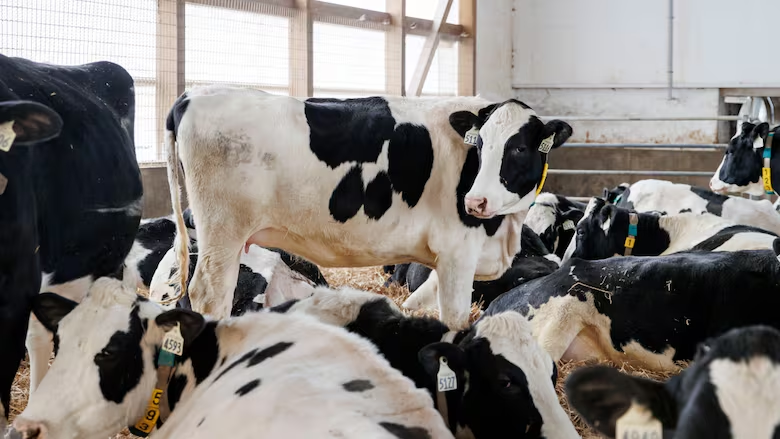The U.S. Commerce Department has finalized a significant increase in anti-dumping duties on Canadian softwood lumber, setting the rate at 20.56%, a move that industry leaders and officials in British Columbia have slammed as punitive, unjustified, and deeply protectionist.
This new tariff, part of an ongoing trade dispute between the two countries, is expected to heavily impact B.C.’s struggling forestry industry, which has already seen thousands of job losses and multiple mill closures in recent years. The hike follows a preliminary combined duty rate announced in April of 34.45%, more than double the previous rate of 14.54%. If the U.S. Commerce Department’s pending review on countervailing duties confirms earlier figures, the total levy could exceed 30% on Canadian softwood lumber exports.
B.C. Forests Minister Ravi Parmar called the latest decision a “gut punch” for forestry workers, blaming U.S. President Donald Trump’s administration for targeting Canada’s economy. “No sector has been hit harder than forestry,” Parmar said. “This is going to lead to more curtailments and closures. It’s a big blow for our workers.” He added that U.S. consumers, particularly middle-class homebuyers, would also suffer—facing an increase of $15,000 to $20,000 USD in homebuilding costs due to the tariffs.
The new duties apply retroactively to shipments from January 1, 2023, adding further pressure on already-fragile B.C. producers. Andy Rielly, chair of the Independent Wood Processors Association, warned that the backdated duties could force small producers to shut down and even risk their personal homes as collateral to secure bonds for payment.
The B.C. government is urging Ottawa to prioritize the softwood lumber issue in bilateral trade talks. Prime Minister Mark Carney recently acknowledged that a future trade deal might include quotas on softwood lumber, a long-contentious sticking point in Canada-U.S. relations.
British Columbia has been historically dependent on softwood lumber exports, with over half its $10 billion forestry sector relying on the U.S. market. However, the province has been reeling from overlapping crises—devastating pine beetle infestations, reduced timber supply, and heightened regulatory delays—which have prompted major forestry companies to shift operations to the United States.
According to Statistics Canada, B.C. has lost more than 40,000 forestry jobs since the 1990s. Industry leaders are now calling on the province to cut red tape, activate timber sales, and fast-track permits to stabilize operations and send a message that B.C. is serious about rebuilding a sustainable forestry sector.
Kim Haakstad, CEO of the B.C. Council of Forest Industries, emphasized that increasing production could help restore both community livelihoods and provincial revenues. “Getting production back to historic levels could generate over $300 million in revenue for the province,” she said.
Meanwhile, Kurt Niquidet, President of the B.C. Lumber Trade Council, warned that the situation may worsen as the U.S. has launched a separate federal investigation into lumber imports on the grounds of “national security.” He noted that the U.S. relies on imports for 30% of its softwood lumber needs, and 25% of those imports come from Canada—with B.C. being the largest contributor.

